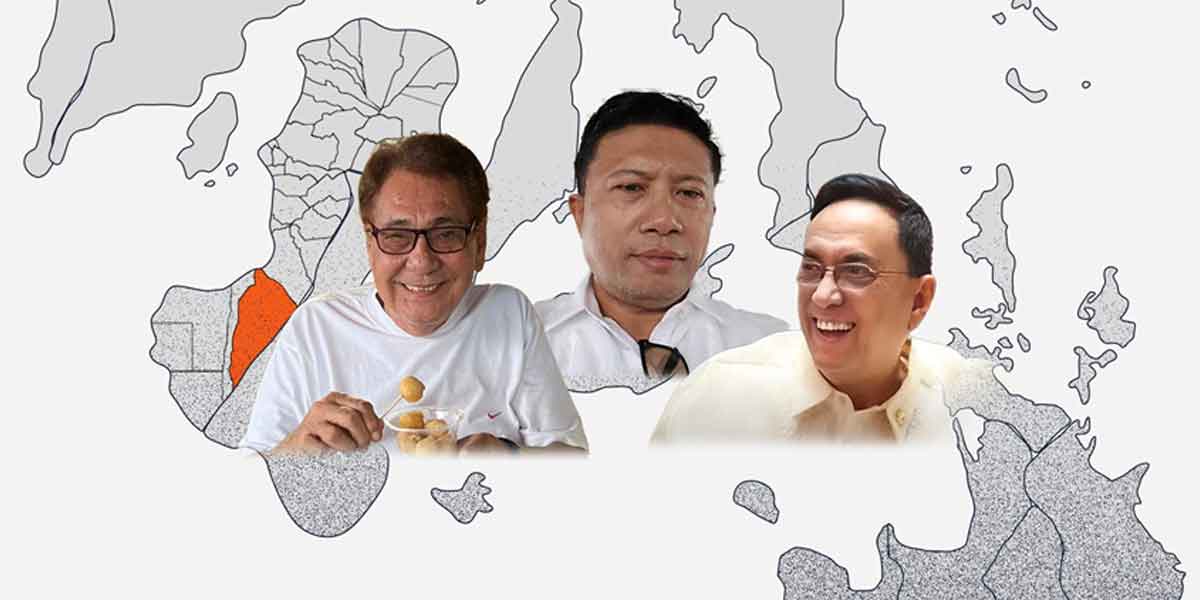By Joseph B.A. Marzan
Iloilo Governor Arthur Defensor Jr. on Thursday said that the provincial government has both short-term and long-term plans to address environmental management concerns, particularly in solid waste management and flooding in the northern towns.
In his regular press conference, Defensor announced the holding of Limpyo Sa Hunyo 2022 on June 17, as part of their efforts against the current rise of dengue and avoid flooding incidences.
Limpyo sa Hunyo will involve clean-up and clearing of waterways including rivers, canals, esteros, creeks, and ponds, among other water sources and where water may gather, by removing litter, scrap, junk, debris, and other waste matter or obstructions.
This is pursuant to Executive Order No. 271 that he issued last May 24, which mandates the conduct of the said activity.
The governor’s edict is based on issuances by the Department of Environment and Natural Resources, the Department of Public Works and Highways, and the Department of the Interior and Local Government.
The Department of Education has also told the provincial government that they will hold a ‘Brigada sa Eskwela’ activity on the same date as contribution to the program.
He added that the activity may become more of a regular activity, saying that they would want it to continue beyond June 17.
“We will have clean-up and clearing on June 17 for dengue and flooding. One of the measures that we need to do in mitigating floods is clearing waterways, drains, creeks, and even rivers. This cleaning will not only start and stop on the 17th. We want it to continue. Our Executive Order is meant to intensify and refocus and to concentrate now because of the anticipated rise in dengue cases and the advent of the rainy season,” the governor said.
But Defensor also stated that aside from the clean-up activity, the provincial government is also seeking long-term solutions to prevent both dengue and flooding.
The provincial government is also set to conduct a Tanum Iloilo sa Hunyo 2022 on Arbor Day (June 25), focused on the implementation of contour farming.
Encyclopedia Britannica defines contour farming as “the practice of tilling sloped land along lines of consistent elevation in order to conserve rainwater and to reduce soil losses from surface erosion”.
This is done through “furrows, crop rows, and wheel tracks across all slopes all of which act as reservoirs to catch and retain rainwater, thus permitting increased infiltration and more uniform distribution of the water.”
The governor is set to issue another executive order for the conduct of the said tree-planting activity.
“This is going to be a convergence that will happen on [June 25]. We will focus on hedge rows, contour farming, so that one can manage the flow of water. That will be planting for farming and for Disaster Risk Reduction and Management,” he said.
He mentioned the National Action Plan for solid waste management in stating that the province is set to invest in a localized housing program which will be able to decrease solid waste in rivers and creeks.
“Why are there plastic [waste] in rivers? Because there are people living on its sides. There shouldn’t be anyone living there because those are danger zones. That is why when there is a flood, there’s a need to evacuate because there are people there. We want to have a small-scale localized housing program, in the long-term, so we can get people out of danger zones without being far from their farmlands and fishing boats,” said Defensor.
The governor also mentioned the ongoing ‘Balik-alat’ program which converts collected tarpaulins from the recent elections and turns them into bags and other reusable containers.
The Iloilo provincial government was recently cited by the Environmental Management Bureau (EMB) for its Limpyo Iloilo program as a best practice for solid waste management.






















